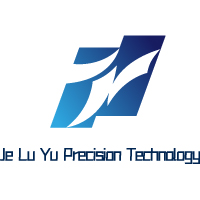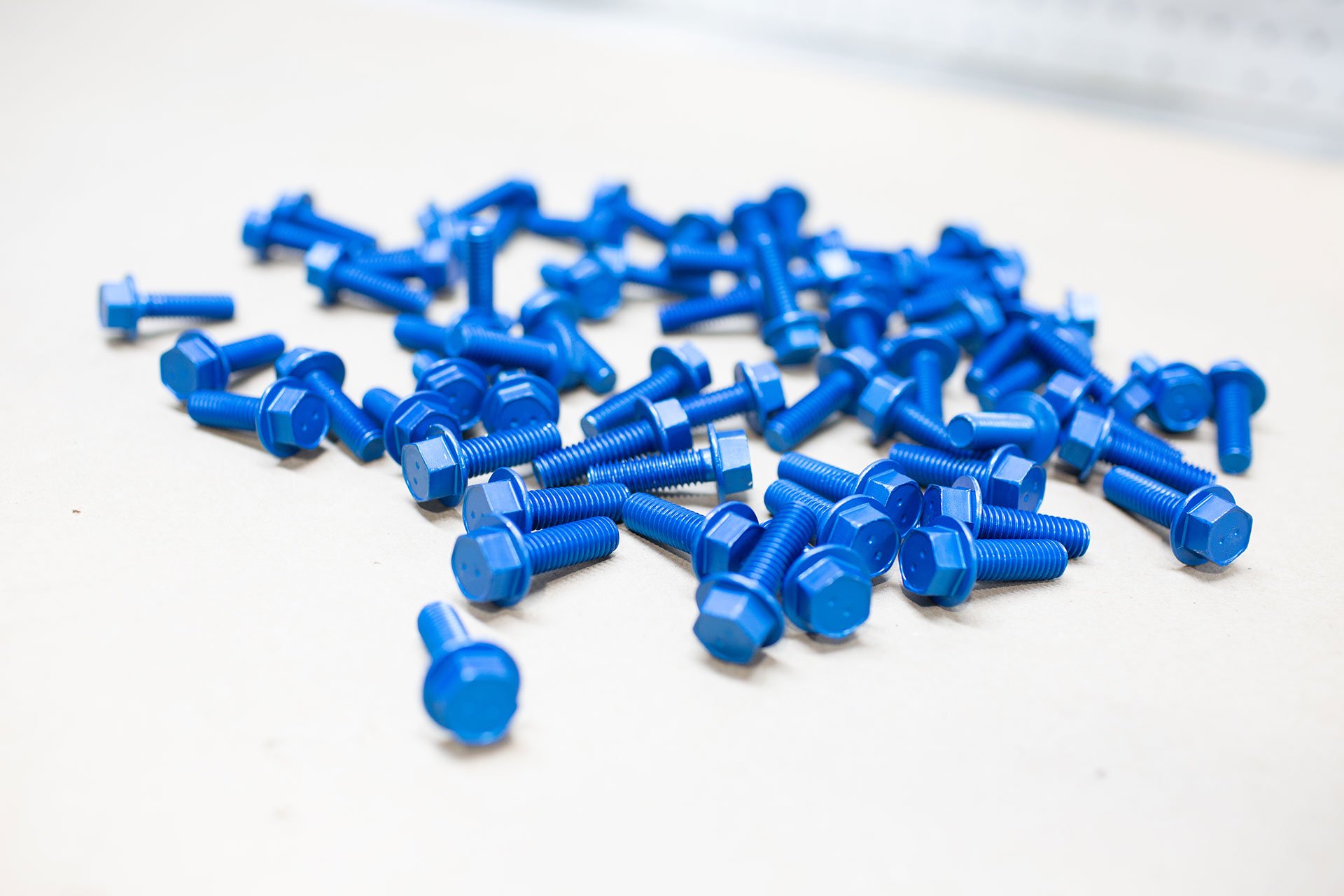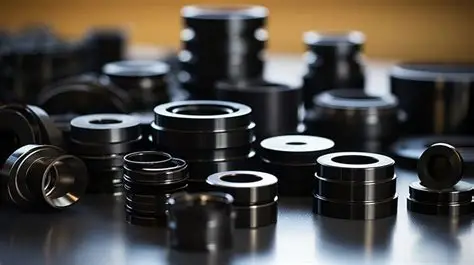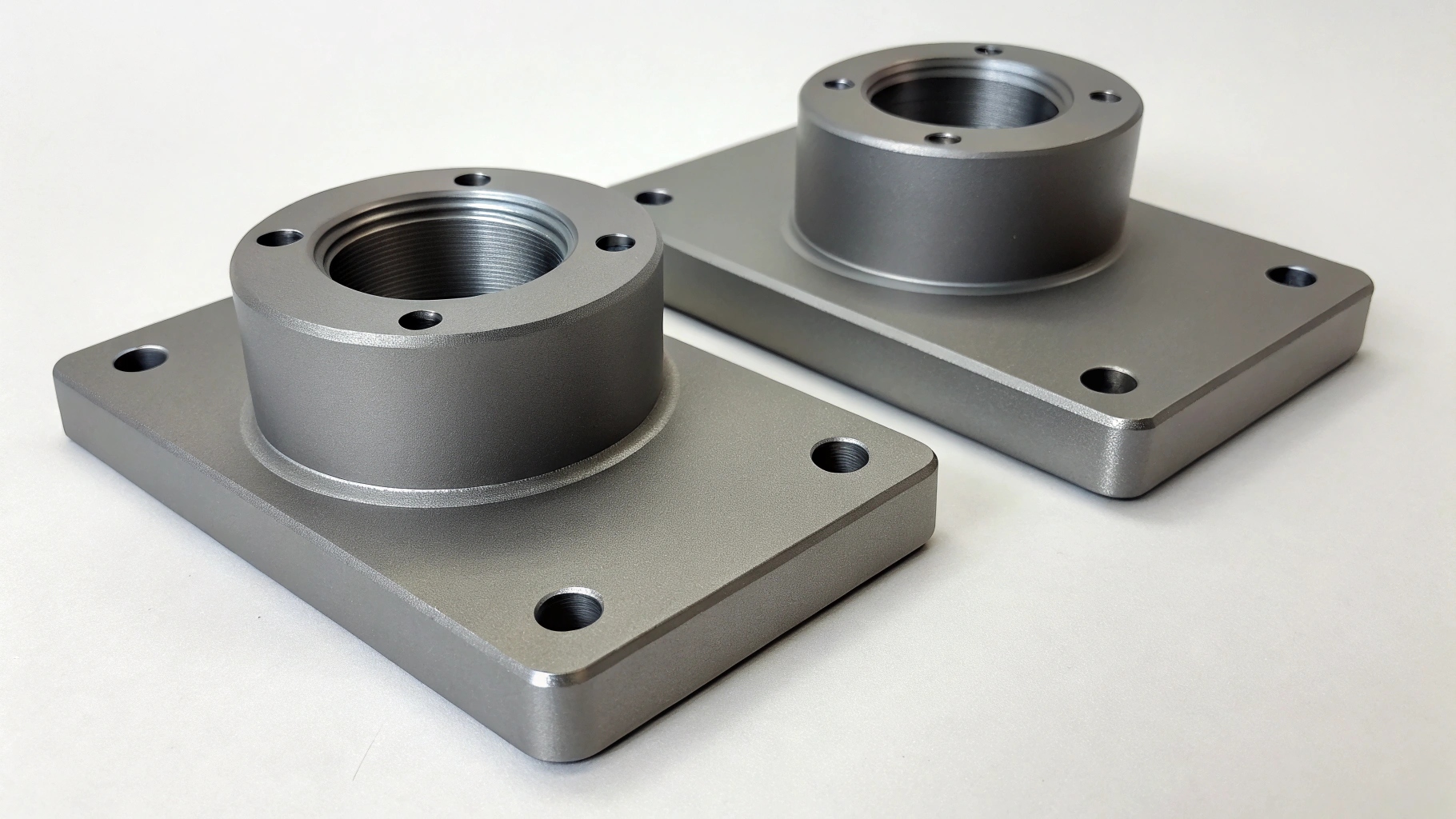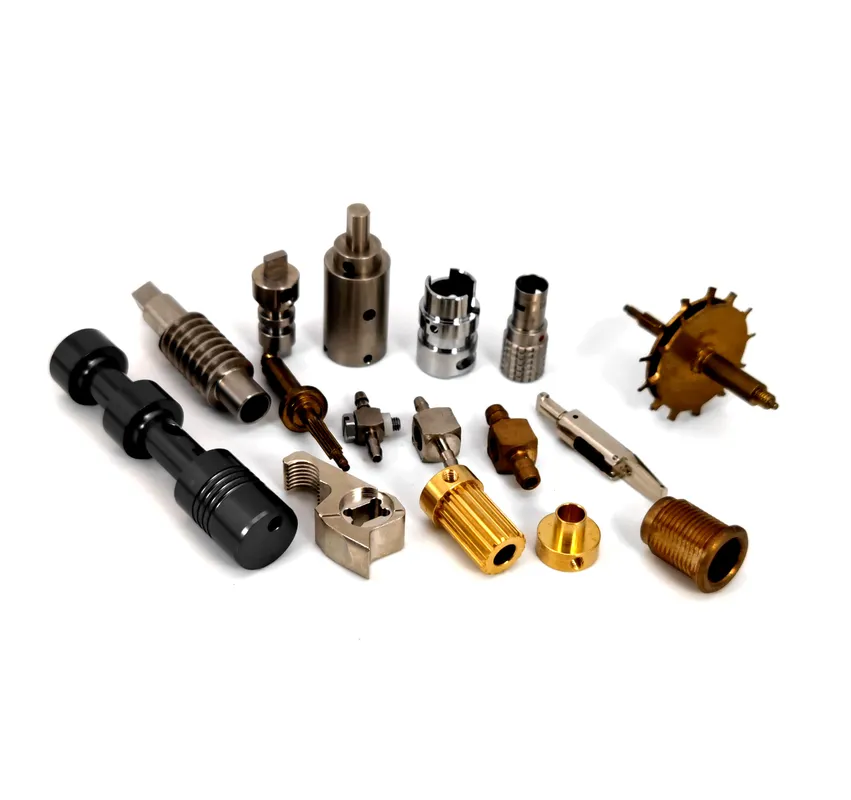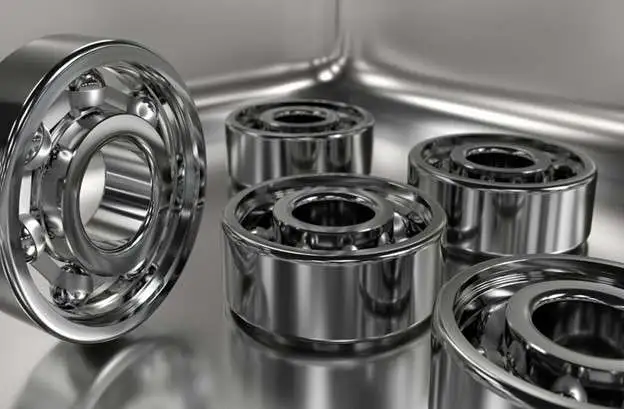Revolutionizing Additive Manufacturing: JLYPT’s Crack-Resistant Alloys for Precision CNC Machining
Additive manufacturing (AM) has transformed how industries create complex, lightweight components—but the process is only as reliable as the materials powering it. Cracking, residual stress, and poor machinability have long plagued 3D-printed parts, particularly in high-stakes sectors like aerospace and medical implants. At JLYPT, we’ve pioneered additive manufacturing alloys specifically engineered to overcome these challenges, enabling flawless 3D printing and post-process CNC machining.
In this article, we’ll explore how alloys like Scalmalloy® and Ti-6Al-4V ELI are redefining AM reliability and why JLYPT’s expertise ensures these materials perform optimally in both printing and machining workflows.
Why Additive Manufacturing Alloys Demand Specialized Engineering
The phrase “additive manufacturing alloys” represents more than just metal powders—it’s a science of balancing printability, strength, and post-processing compatibility. Traditional alloys often fail in AM due to:
-
Thermal Cracking: Rapid cooling in laser powder bed fusion (LPBF) creates stress concentrations.
-
Poor Surface Finish: Rough as-printed surfaces complicate CNC machining.
-
Limited Ductility: Brittle materials fracture during machining of thin-walled structures.
JLYPT’s solution? Alloys tailored for AM’s unique demands:
JLYPT’s Additive Manufacturing Alloys: Engineered for Performance
1. Scalmalloy®: The Aerospace Game-Changer
Developed by Airbus, Scalmalloy® (Al-Mg-Sc) is a lightweight aluminum alloy optimized for LPBF. JLYPT’s AM-machining hybrid approach unlocks its full potential:
-
Crack Resistance: Scandium refines grain structure, preventing hot tearing during printing.
-
CNC Machinability: Post-print milling achieves Ra 0.8 µm surface finishes for aerodynamic components.
-
Case Study: A drone manufacturer reduced wing spar weight by 40% using JLYPT’s Scalmalloy® parts, machined to ±0.005” tolerances.
2. Ti-6Al-4V ELI: Medical-Grade Precision
Extra Low Interstitial (ELI) titanium is the gold standard for implants. JLYPT enhances its AM viability through:
-
Stress Relief Heat Treatment: Reduces residual stress by 60% before CNC machining.
-
Electrochemical Polishing: Achieves biocompatible surfaces (Ra < 0.2 µm) post-machining.
-
Application: Patient-specific cranial implants with integrated porous structures for bone ingrowth.
The JLYPT Advantage: Bridging AM and CNC Machining
1. Proprietary Alloy Modifications
JLYPT collaborates with material scientists to tweak alloy compositions for dual AM-CNC compatibility:
-
Reduced Silicon Content: In aluminum alloys to minimize tool wear during machining.
-
Controlled Oxygen Levels: In titanium powders to enhance ductility post-printing.
2. Integrated Workflow for Complex Geometries
A satellite component with internal cooling channels exemplifies JLYPT’s process:
-
AM Printing: LPBF creates the channel’s lattice structure from JLYPT’s modified Scalmalloy®.
-
Stress Relief: Vacuum heat treatment at 300°C for 2 hours.
-
CNC Machining: 5-axis milling adds mounting threads and sensor ports.
“Other suppliers struggled with distortion—JLYPT’s alloys stayed stable through both printing and machining,” noted the client’s lead engineer.
Overcoming AM-CNC Hybrid Challenges
1. Preventing Cracks at Material Interfaces
Hybrid manufacturing (AM + CNC) risks delamination. JLYPT mitigates this via:
-
Transition Zones: Gradual density changes in printed regions adjacent to machined areas.
-
Ultrasonic Peening: Post-machining surface treatment to compress stressed layers.
2. Ensuring Consistent Material Properties
JLYPT’s quality protocols include:
-
In-Situ Monitoring: Melt pool sensors during printing detect anomalies.
-
Post-Machining CT Scans: Verify internal integrity of critical components.
Industry Applications: Where JLYPT’s Alloys Excel
1. Aerospace: Lightweighting Without Compromise
-
Fuel Nozzles: AM-built Inconel 718 with CNC-machined fuel orifices (0.3 mm diameter).
-
Satellite Brackets: Scalmalloy® components achieve 20% weight savings vs. titanium.
2. Medical: Customization Meets Compliance
-
Dental Abutments: Ti-6Al-4V ELI printed/machined to match patient CT scans.
-
Surgical Tools: Ergonomic AM handles with CNC-finished cutting edges.
Sustainable AM-CNC Production with JLYPT
JLYPT aligns with circular manufacturing principles through:
-
Recycled Powders: 85% of unused Scalmalloy® powder is sieved and reused.
-
Energy Recovery: Waste heat from CNC machines preheats AM build chambers.
-
Certifications: Compliance with ISO 14001 (DoFollow) environmental standards.
Partnering with JLYPT: From Design to Delivery
-
Material Selection: Consult our guide: Choosing Additive Manufacturing Alloys (Internal link).
-
Hybrid Prototyping: Receive AM+CNC samples in 7 days.
-
Full-Scale Production: Scale to 10,000+ units with JLYPT’s global facilities.
Conclusion: Redefining Additive Manufacturing with Purpose-Built Alloys
The future of manufacturing lies in synergies between AM and CNC machining—but only if materials can withstand both processes. JLYPT’s additive manufacturing alloys eliminate compromises, offering crack-resistant printability, machinability, and end-use performance. Whether you’re launching satellites or saving lives, our alloys ensure your most ambitious designs become reality.
Ready to transform your hybrid manufacturing? Contact JLYPT to request a material sample.
